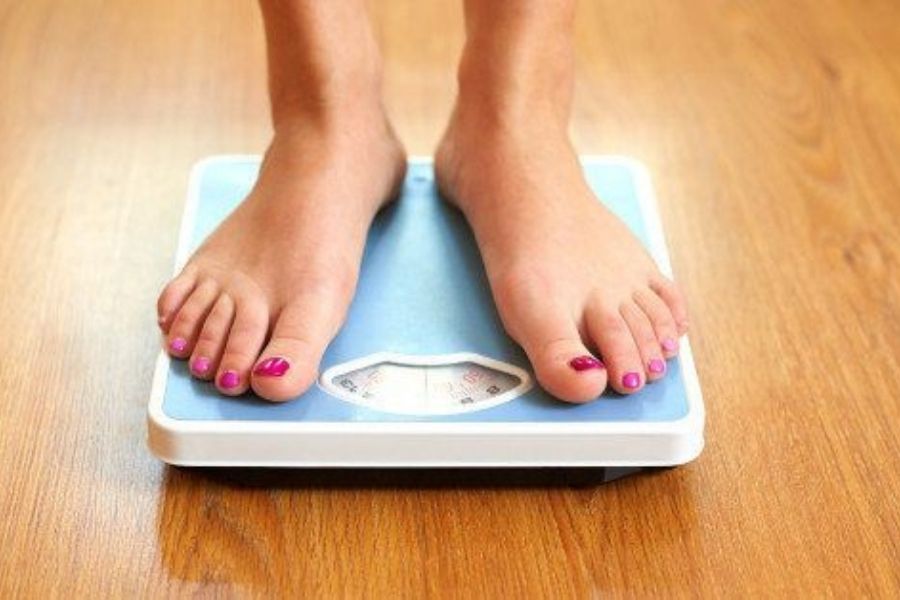The post-pregnancy period starts after the conveyance of your child and ends when your body has almost gotten back to its pre-pregnancy state. This period is usually from 6 weeks to about 2 months. The principal month of having an infant at home can be very overpowering. You may feel like all of your time is centered around focusing on your infant. Nonetheless, you have to deal with yourself. Your child needs you to be really solid.
The post-pregnancy period likewise includes you and your partner figuring out how to focus on your infant and out how to work as a changed nuclear family. You want to take great consideration of yourself to modify your solidarity.
The post-pregnancy period includes your traveling through many changes, both sincerely and truly. You are likewise figuring out how to manage every one of the progressions required with turning into a mother. You will require a lot of rest, great nourishment, and help during the initial weeks.
10 Healthy Tips For Postpartum
- Get as much rest as could be expected to adapt to sleepiness and weariness. Your child might wake up every few hours. To ensure you’re getting sufficient rest, rest when your child dozes off.
- Don’t be hesitant, ask for help. Tell your loved ones that they can help by preparing dinner, assist with clothing or other family errands, watching, or halting at the store to get a couple of things for you.
- Clean up frequently, particularly after each visit to the washroom, after diaper changes, and prior to taking care of your child.
- Keep your child’s consideration straightforward. Your child doesn’t need a shower every single day. Simply clean their face and diaper region day by day. Perceive when you want proficient assistance.
- If you are feeling restless more often than not, can’t rest, or have been feeling “blue” for over about 14 days, call your primary care physician (PCP).
- Your PCP will tell you when it’s okay to work out. The action ought not be demanding. Take a stab at going for a stroll close to your home. The difference in landscape is invigorating and can build your energy level.
- Try not to spare a moment to acknowledge help from loved ones during the post-pregnancy time frame, just as after this period. Your body needs to recuperate, and functional assistance around the home can assist you with getting necessary rest.
- Keep a sound eating routine to advance healing. Increase your intake of whole grains, vegetables, natural products, and protein. You ought to expand your liquid intake, particularly assuming that you are breastfeeding.
- Lift something heavier than your child, particularly if you have had a C-section.
- Try not to be fussy. This isn’t the point at which your home should look awesome. Remember, guests are coming over to see your child, not your home.
What Changes You Can Expect After Giving Birth
With the delivery comes breastfeeding

You will have to breastfeed your child at regular intervals; this could prompt sore bosoms.
Most moms have hot flashes for a really long time after pregnancy

Labor debilitates the pelvic muscles, causing incontinence. This is normal in instances of vaginal birth, particularly the ones including forceps or different medications.
Assuming you are breastfeeding, then, at that point, there is an unequivocal possibility of weight reduction, as breastfeeding is known to help in returning to your pre-pregnancy weight.

While a few moms might feel glad, euphoric, and alert subsequent to conceiving an offspring, there are other people who feel wounded, depleted, discouraged and disillusioned.

When Would It Be Advisable For You To See A Doctor?

The blue eyes are not quite the same as post-pregnancy anxiety. Post-birth anxiety occurs when side effects continue for over 14 days. Extra side effects might incorporate sensations of responsibility, uselessness, and loss of interest in everyday exercises. A few ladies with post-pregnancy anxiety pull out from their families, care very little about their children, and have contemplations of harming their children.







